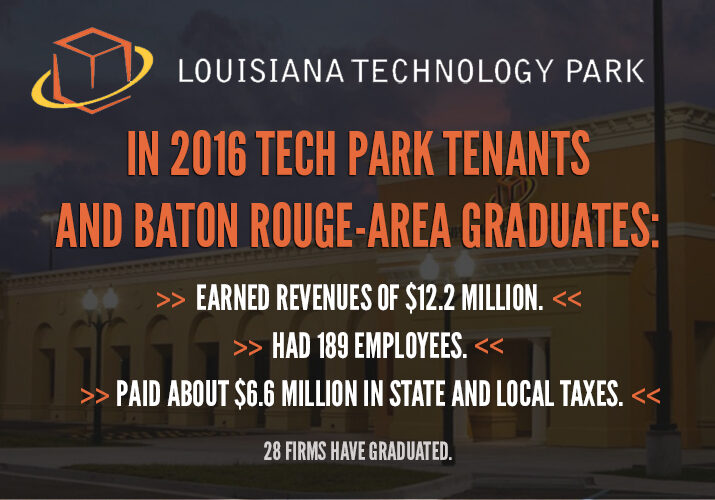The first wave of the COVID-19 pandemic nearly ground venture capital investment to a halt, which made fundraising exponentially more difficult.
While coronavirus affected all fundraising stages, the seed stage sustained the largest impact, dropping by 57%. And when venture capitalist firms did start reinvesting, most of their new investments occurred within their existing network. Now that things are picking up again, the time is ripe for raising capital for your startup.
“Investors are now going back out and looking for new deals, which is a good opportunity for startups, says Peter Liu, who recently joined New Orleans-based Revelry as Managing Director of Venture Capital after spending 8 years investing in early-stage startups at Pritzker Group. “They’re actively looking to build up that funnel again.”
Raising capital during a crisis isn’t easy, but you can make it happen. Liu explains how.
Modify Your Fundraising Goals
Evaluate how the COVID-19 pandemic has changed the landscape of venture capital during the COVID-19 and plan to modify your fundraising strategies in response. Most venture capital firms are limiting their investments. Before the coronavirus, investors were actively seeking deals, but now there’s a surplus of opportunities and a finite dollar amount to put toward them.
For all of these reasons, your fundraising process may take longer than you expected, so start looking for investors earlier than you originally anticipated — plan for an expanded timeline on your fundraising process. Instead of waiting for the final three months of runway, start raising the next round with you six (or more) months of runway left, Liu says, to prevent gaps in funding.
Try to raise more than your initial goal, too — though be aware that this could increase ownership dilution. “The amount of ownership you’re going to give up in the company by raising more money may be more than you originally anticipated, but that’s the trade-off for having a solid balance sheet to ensure survival and that you can hit the milestones you need to hit as a company,” Liu says.
Optimize Your Pitch for Virtual Presentation
As venture capitalists adapt to the post-pandemic economy, you’ll most likely be pitching investors in a virtual environment. Optimize your pitch for digital delivery. Start with a couple of minutes worth of conversation to break the tension, then move directly into a live demo to capture your audience’s attention, Liu says. To account for the inevitable small talk and a more conversational, engaging style, try to schedule longer calls of 45 to 60 minutes.
Since most investors are frugal with their time, though, streamline the presentation by sending the necessary information over ahead of time, Liu says. The prep materials give investors a baseline understanding of your product and startup before the call, as well as something to print and take notes on while you demo the product. Try to avoid sending long videos over, though, since most people won’t watch them. Save the visuals for your interactive live demonstration.
Be careful not to schedule calls back-to-back or too many in one day. Why? If you don’t seem excited or energetic about what you’re pitching, you won’t convince anyone else.
Respond to Changing Circumstances
Work your ability to pivot and respond to changing circumstances into your pitch. For example, investors are always looking at your management team for their ability to execute your plan, Liu says.
During the pandemic, there have been unprecedented opportunities for snagging top talent to work alongside you. Take advantage of remote work and record unemployment levels to show investors you know how to put the right team in place.
If you saw a spike in sales during a pandemic, be prepared to demonstrate whether your boost was temporary or sustainable. “If you were building tools for remote work before and all of a sudden you saw a spike in usage, investors will ask if that’s only because of people working from home during COVID,” Liu says. Investors will want to know how a return to work as usual could impact the business. Founders should demonstrate a plan for maintaining momentum when the economy recovers.





